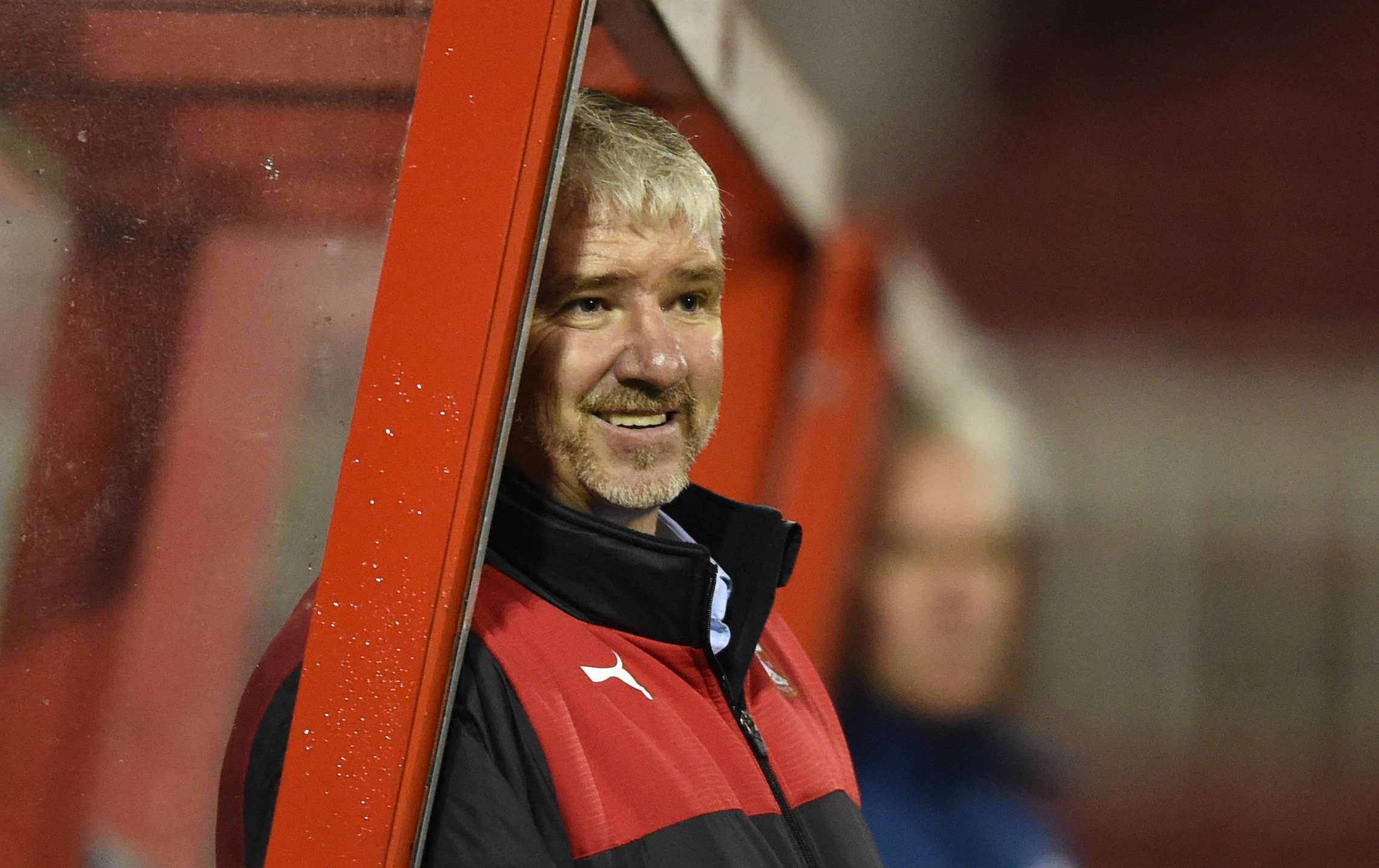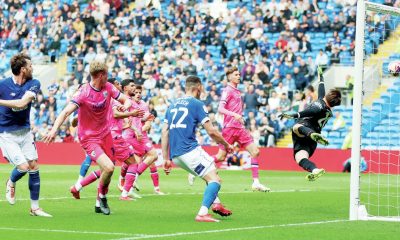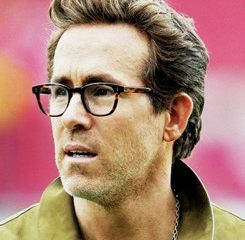by Chris Dunlavy
WHEN Martin Ling sat before the Press at the County Ground at his unveiling in November, he admitted Swindon had taken a risk.
Treated for depression following a breakdown whilst manager of Torquay, the 49-year-old had spent two years trying to break back into the game.
“Mental health issues are things that scare people because people don’t understand,” said the former Leyton Orient boss. “I have talked openly about it but I have not had any sign of it for two and a half years. It’s an illness I had, not one I have any more.”
As Ling clears his desk citing ‘health reasons’ just nine games and 56 days after taking charge, it is now clear that the gamble has not paid off.
It is a dreadfully sad saga, but let’s not use hindsight to bandy blame or say ‘I told you so’. Yes, appointing a man with a history of depression and anxiety to a high pressure post was inherently risky.
But mental illness is no barrier to elite performance. Depression assails Lawyers, politicians and doctors just as devastatingly as cooks and cleaners. For the most part, you’d never know they were suffering.
Winston Churchill regularly spent months so paralysed by despair that he couldn’t get out of bed to attend parliament. Yet the affliction he famously named his ‘Black Dog’ didn’t stop him masterminding victory over the Nazis.
Three serving American presidents – including Abraham Lincoln – ran the world’s most powerful nation whilst battling psychological problems. Worldwide, some 120 million people suffer from depression and the majority lead perfectly functional lives.
Ling’s brief tenure illustrates the point; five wins from nine games is play-off form and had rescued the Robins from what increasingly looked like a relegation scrap.
Swindon and their chairman Lee Power deserve enormous credit for looking beyond the stigma and seeing the CV.
For them – and for society in general – it is a great shame their forward-thinking stance was not fully vindicated. Yet our greatest sympathy should undoubtedly be reserved for Ling himself.
I spoke to Martin several times over the last 12 months and he genuinely believed his own black dog had been beaten into submission. I can’t remember how many times he told me his depression had “gone”.
Yet the sad fact is that depression is very rarely beaten. Psychologists talk not of cures but of coping strategies and remission. Of those afflicted, over 50 per cent suffer some degree of relapse.
Martin knew that of course. He’d studied the disease extensively. But he felt good and, even if there was a small element of self-delusion, you can hardly blame a person for pursuing the job he loves. We’d all do the same.
It must have been devastating – not to mention embarrassing – for him to realise that the old demons hadn’t ever been banished. That the pressures of football were simply too much.
And it must have been tempting to battle on, ignoring the symptoms, slipping ever deeper into the quagmire of desolation that once left him weeping by a motorway.
That’s why the greatest tribute of all must be paid to Ling for having the bravery and intelligence to hit the brakes now, long before his health, family and club began to suffer.
He should be remembered not as a mistake but as a club legend who performed superbly, then did the honourable thing in stepping down.
I hope, for Martin’s sake, that this is the last time we see him in management. As his son, Sam, said in a statement, his health and family must come first. But given his skill as a coach and unique insight into the effects of pressure, Ling still has much to give the game.
















